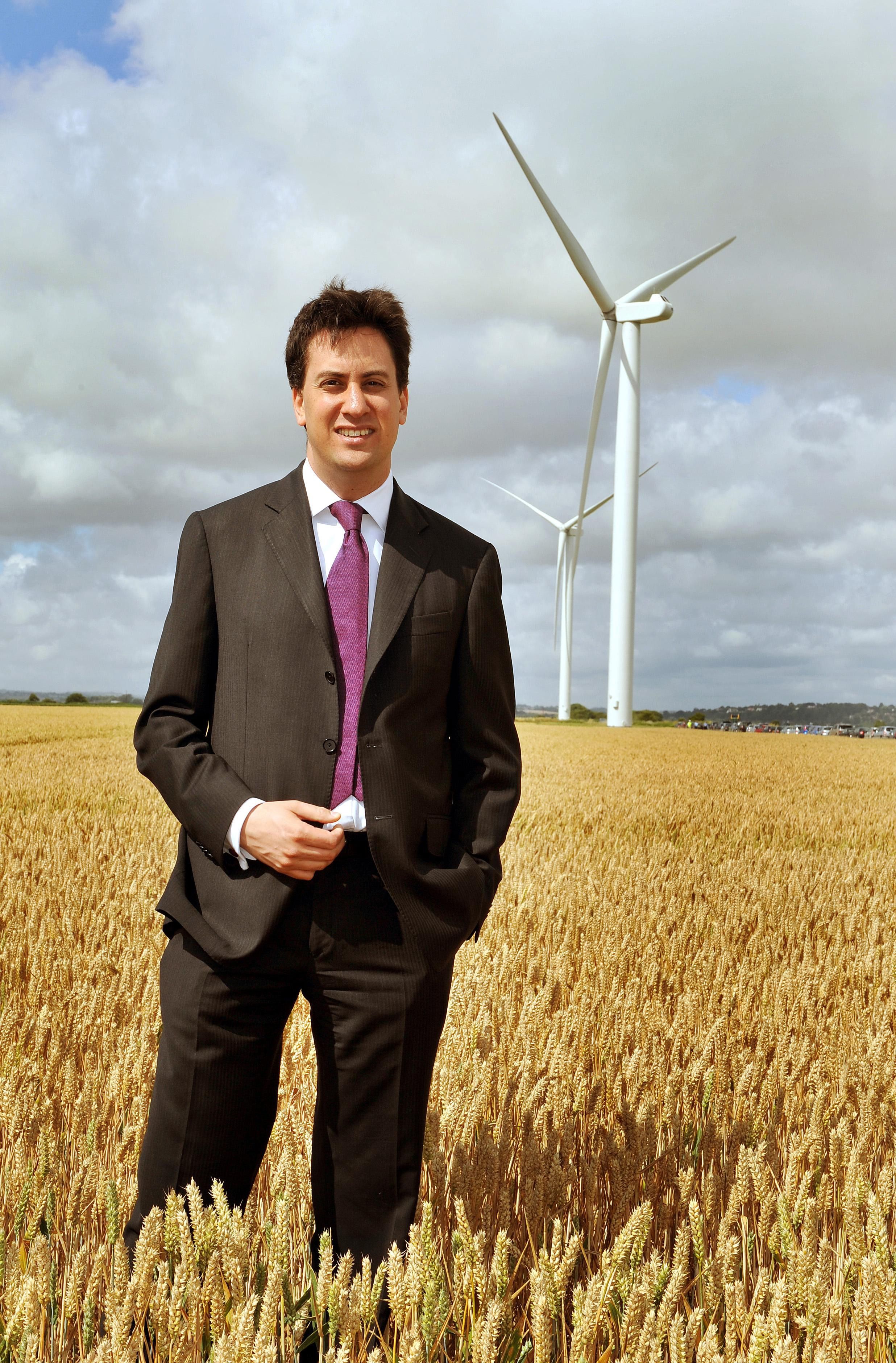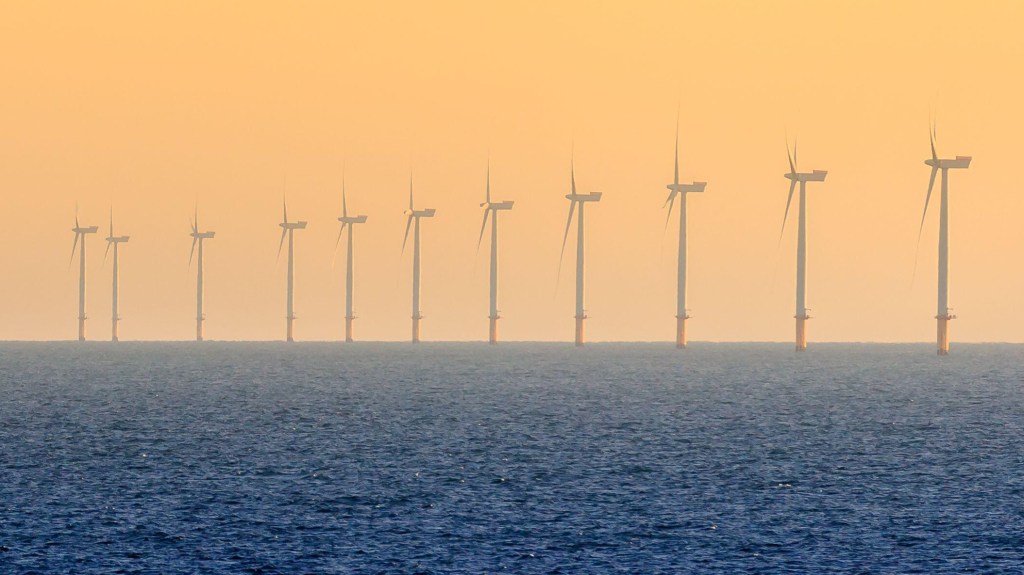Orsted Cancels Major North Sea Wind Farm Initiative, Impacting Miliband’s Clean Energy Ambitions
The owners of Britain’s largest offshore wind farm have decided to abandon their plans, presenting a significant challenge to the government’s commitment to clean energy.
The Hornsea 4 project, which received approval last year, was expected to generate enough electricity to power over a million homes.
This initiative was central to the government’s objective of more than tripling the UK’s offshore wind capacity and achieving full decarbonisation of electricity supplies by 2030.
However, Danish company Orsted, responsible for Hornsea, announced on Wednesday that it would cease spending and cancel contracts for the project in the near term. The CEO attributed this decision to rising supply chain costs and increased interest rates.
The suspension of the project represents a major setback for Energy Secretary Ed Miliband’s ambition to achieve up to 50 gigawatts of offshore wind power capacity by 2030.
The UK currently has approximately 15 gigawatts of offshore wind generation, and Hornsea 4 would have contributed an additional 2.4 gigawatts, equating to nearly 7 percent of the required increase to achieve the 2030 target.
There are also concerns regarding the timeline for the Hinkley Point C nuclear power plant in Somerset, which is under construction and may not be operational by the government’s clean power deadline.

This initiative aimed to ultimately supply electricity to around six million homes but has faced multiple delays, with projections now pushing the operational date to 2029 at the earliest.
Top government officials have described Orsted’s decision as a “setback,” yet assert that there are sufficient alternative offshore wind projects in development to compensate for this loss.
Nevertheless, they acknowledged that without Hornsea 4, the government has “fewer options” to achieve renewable generation targets and indicated that if additional projects face difficulties, the targets might become unfeasible.
“We have always been clear that meeting the 2030 target is exceedingly challenging,” they stated.
There are also apprehensions that the financial pressures prompting Orsted to halt Hornsea could lead to the government having to pay higher prices for upcoming offshore wind projects.
Orsted had secured a government contract that guaranteed a fixed price of £58.87 per megawatt-hour in the latest auction for new renewable projects last September.
The concern is that projects approved in this summer’s auction may require larger subsidies to launch successfully.
RenewableUK, representing the industry, emphasized that the government must “alleviate uncertainty for investors” by ensuring that the next auction acknowledges the rising costs stemming from supply chain issues and inflation.
According to Sam Alvis, director for environment and energy at the IPPR think tank, Orsted encountered unique financial hurdles not faced by other operators, though a general “supply chain crunch” is inflating costs across the industry.
This could increase the financial commitment the government has to make for new capacity in the next auction.
Nonetheless, he mentioned that while the clean energy objective remains demanding, Orsted’s withdrawal will not substantially impair the likelihood of meeting those targets.
Andy Mayer, an energy analyst at the Institute of Economic Affairs, noted that the postponement of Hornsea serves as a reminder of the pitfalls of legally binding climate goals.
“The government’s intentions to decarbonise the power grid by 2030 overlook the real trade-offs between reducing emissions, maintaining energy security, and affordability,” he remarked.
“Businesses are aware of these trade-offs and are likely to demand higher prices for their services, which contributes to the UK having some of the most expensive energy in the world.”
The Department for Energy Security and Net Zero stated it would collaborate with Orsted to revitalize the Hornsea 4 project.
“We understand the impact of elevated global inflation and supply chain challenges on industries across Europe,” the department commented.
“We have a robust pipeline of projects aimed at delivering clean energy by 2030.”




Post Comment